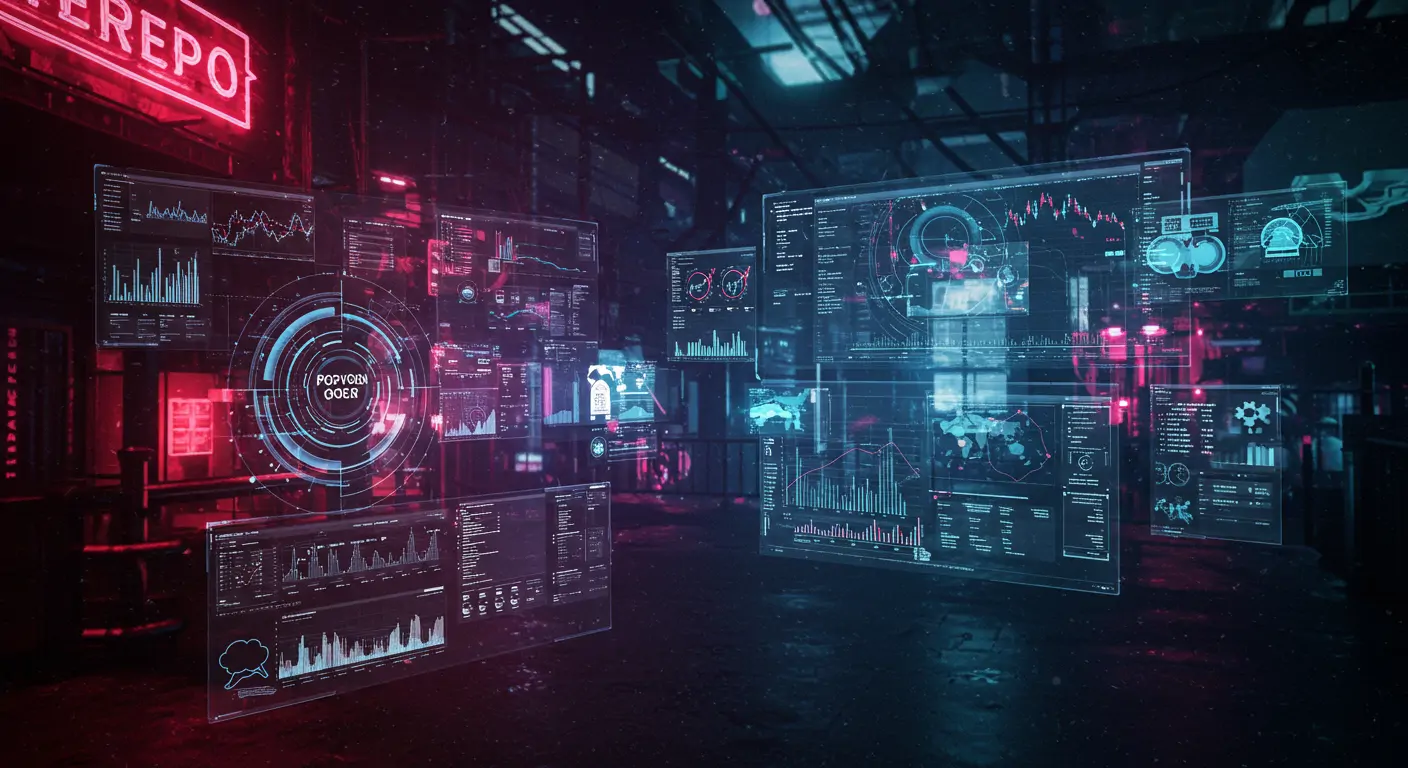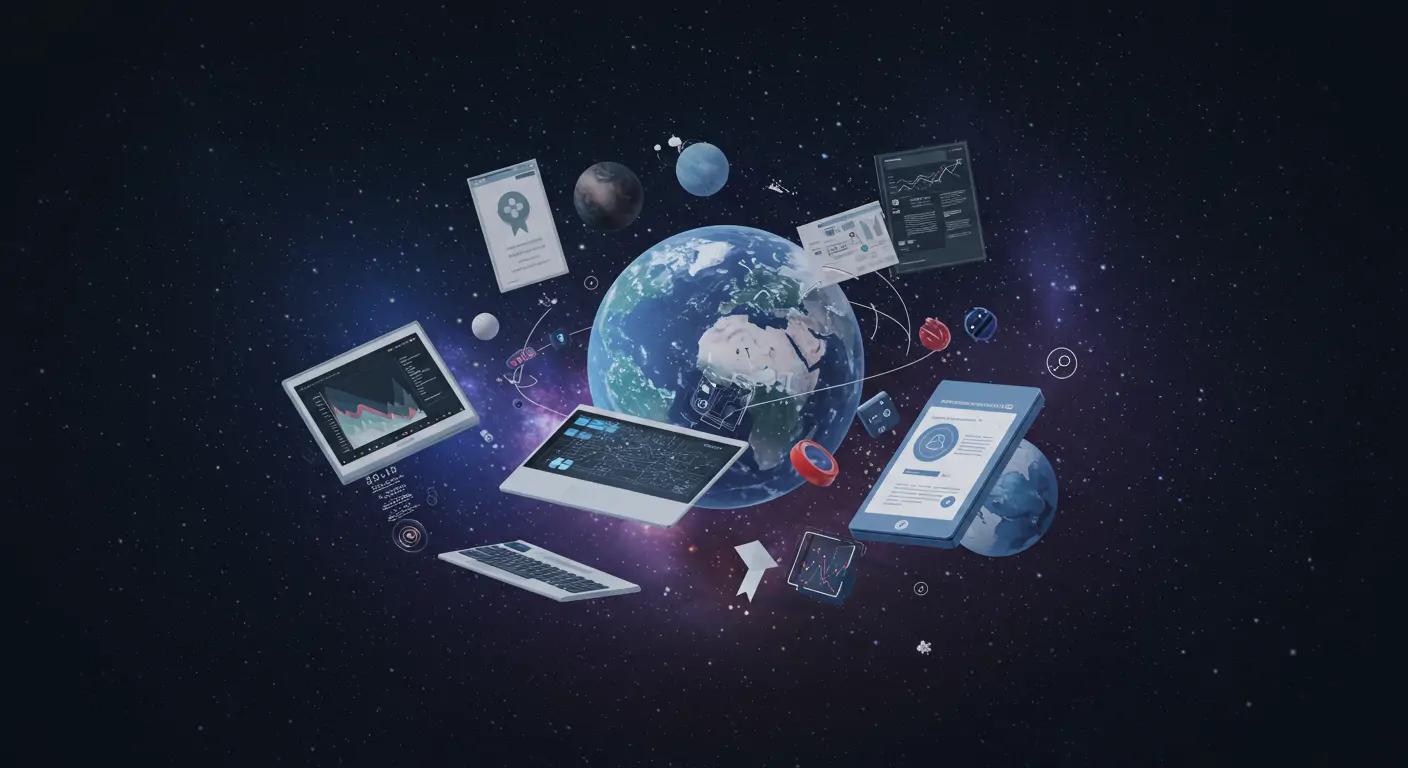Introduction: Why This Matters Now
In 2025, the integration of autonomous AI agents into development workflows has become a pivotal shift, highlighted by OpenAI's launch of Codex 2.0 in March 2025, which boasts a 50% improvement in code efficiency. This trend signifies a transformative era in software development, driving productivity and innovation. Developers, businesses, and investors are at the cusp of a new technological paradigm, affecting billions in market potential. Read time: 8 minutes.
The Current State: What's Happening Right Now
As of 2024, major players such as Microsoft and IBM have integrated AI agents into their development tools, improving software cycle times by 40%. According to a Gartner report, the market for AI-driven development tools grew from $1.8B in 2023 to $5.6B in 2024, with projections indicating a leap to $12.3B by the end of 2025. Traditional methods, reliant on manual coding and repetitive tasks, are struggling to keep pace with the rapid development demands of the digital age.
Key Drivers: What's Fueling This Trend
Driver 1: Economic Efficiency
The economic drive is clear: companies like Google reported operational cost reductions of 25% after implementing AI agents in 2024.
Driver 2: Technological Advancements
Advancements in machine learning algorithms, as seen in Meta's 2025 AI update, have enabled more accurate and faster code predictions.
Driver 3: Increasing Complexity of Software
The complexity of modern software, requiring faster iteration cycles, has necessitated the adoption of AI to manage and streamline workflows.
Real-World Impact & Case Studies
Case Study 1: Stack Overflow
- Implemented AI agents to automate code reviews in 2024
- Reduced review time by 60%
- Demonstrated the potential for AI to optimize developer productivity
Case Study 2: Atlassian
- Adopted AI for bug detection in 2025
- Achieved a 40% reduction in bug resolution time
- Enhanced software reliability and customer satisfaction
Industry Implications
For Developers
- Emphasis on learning AI integration tools like TensorFlow
- New career paths in AI-enhanced software development
For Businesses
- Need for strategic investment in AI to maintain competitive edge
- Increased focus on integrating AI with existing systems
For Investors
- Opportunities in AI startups and tool development
- Risks associated with rapid technology changes
Caption: Data visualization of market growth
Challenges & Criticisms
Despite the benefits, there are challenges such as over-reliance on AI, leading to potential neglect of foundational coding skills. Additionally, ethical concerns about AI decision-making autonomy persist. A 2025 survey revealed 45% of developers worry about job displacement due to AI.
Future Outlook: What's Next
Short-term predictions include a 70% adoption rate of AI agents by top tech companies within the next year. Long-term, AI’s role in development could redefine software engineering education and standards. Key milestones to watch are AI's integration into cybersecurity workflows and further annual improvements in AI agent capabilities.
Frequently Asked Questions
1. What are autonomous AI agents?
AI entities that perform development tasks without human intervention.
2. How will this affect job markets?
Shift towards AI management and oversight roles.
3. Are there risks involved?
Yes, including ethical concerns and potential job displacement.
4. What's the adoption timeline?
Rapid within the next 1-2 years, with key industry players leading.
Conclusion: Key Takeaways
- Autonomous AI agents are reshaping development workflows.
- Significant economic and technological drivers propel this trend.
- Balancing AI integration with skill development is crucial.
To stay ahead, professionals must engage in continuous learning and adaptation, leveraging AI to enhance their capabilities. For more insights, explore related trend analyses and expert interviews.




